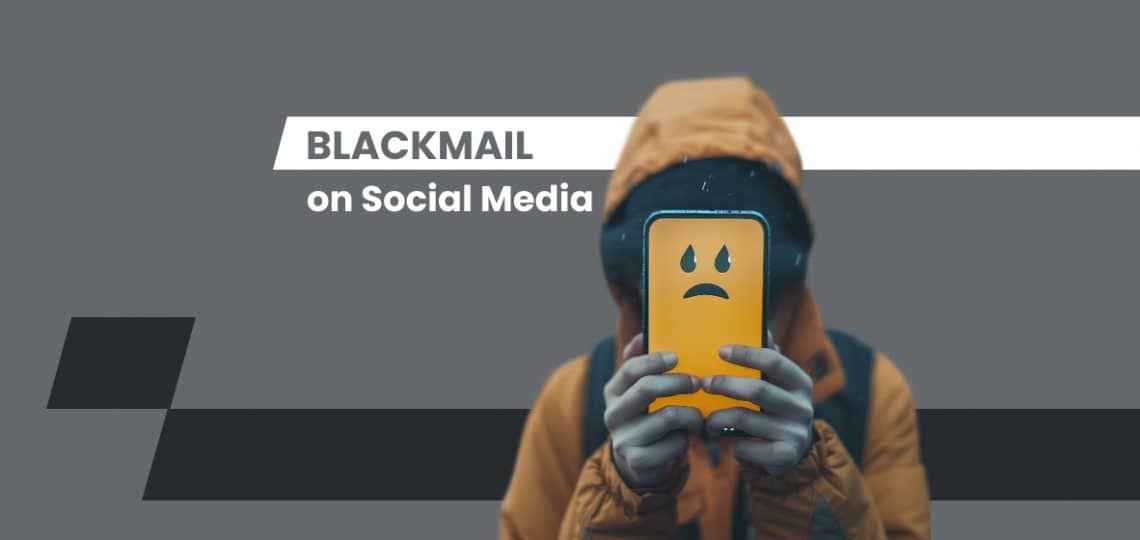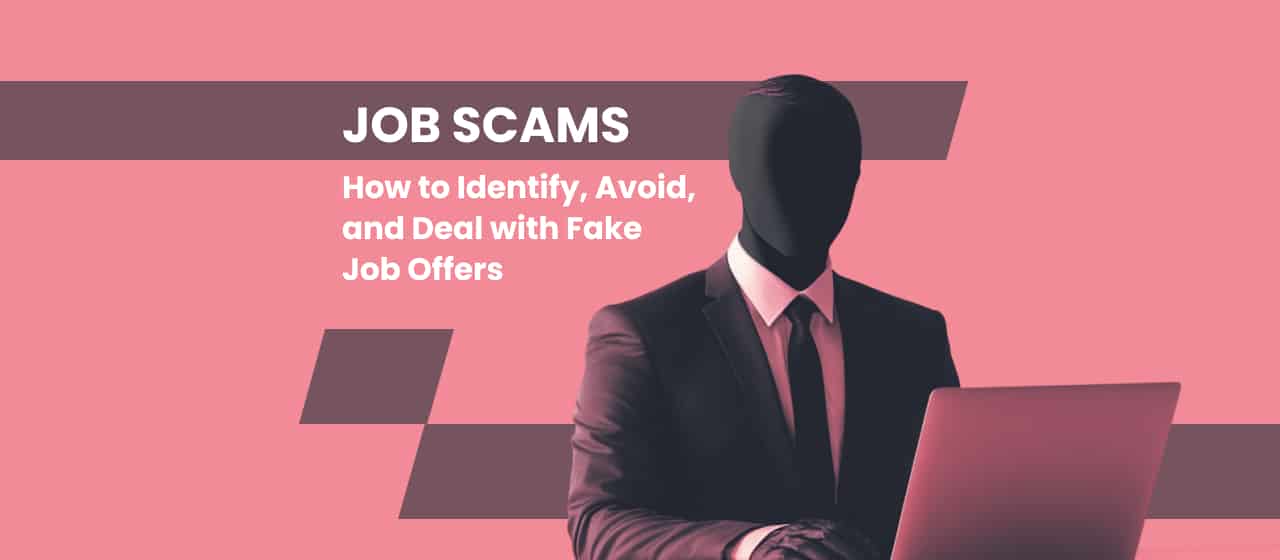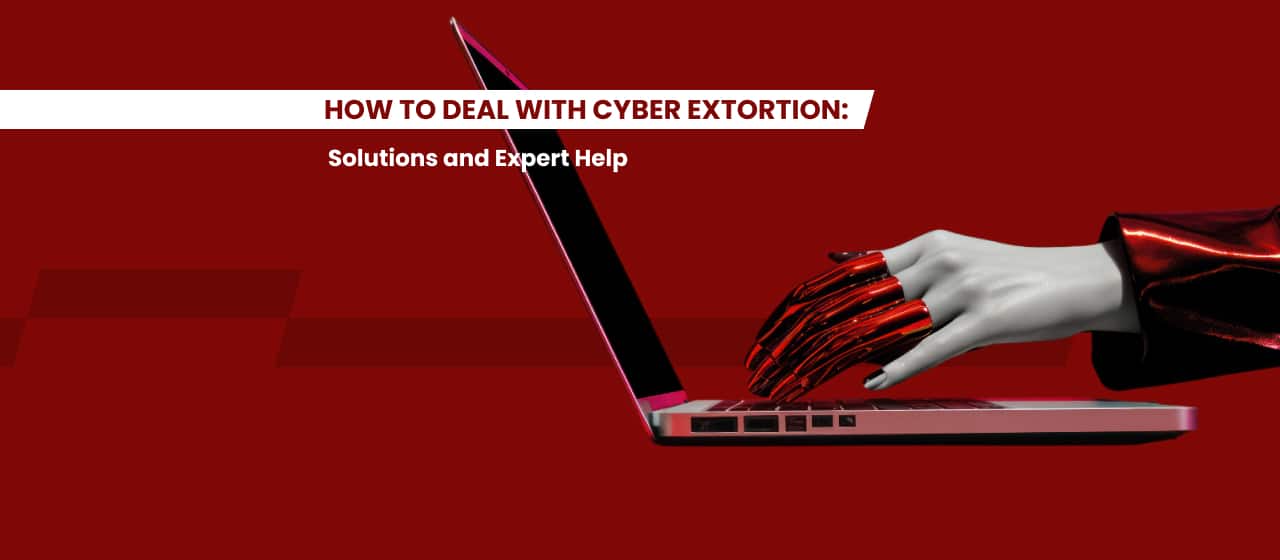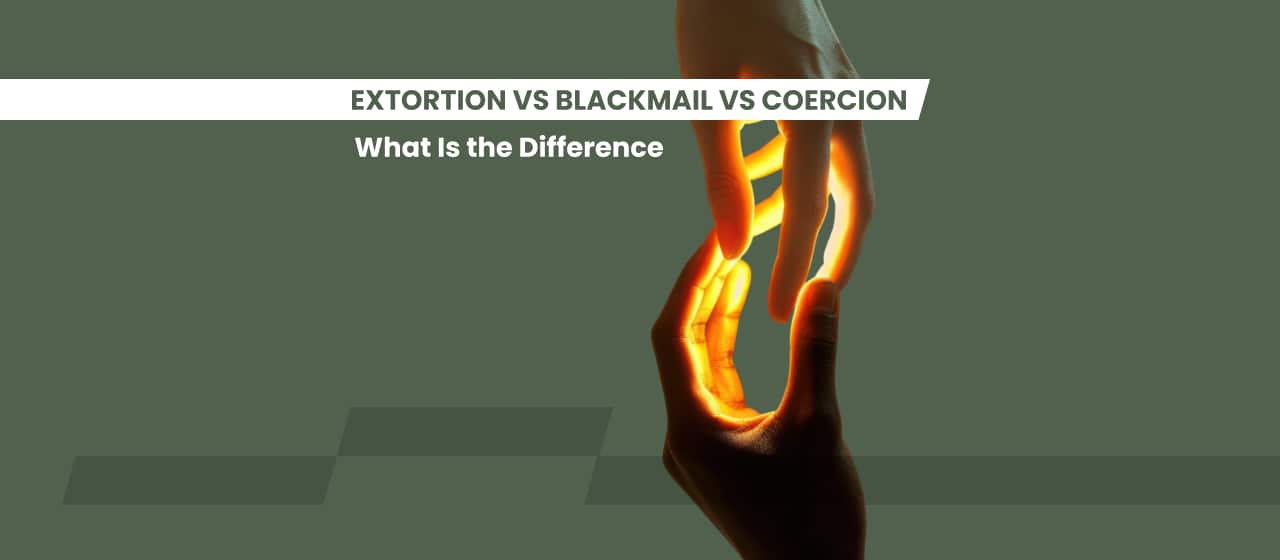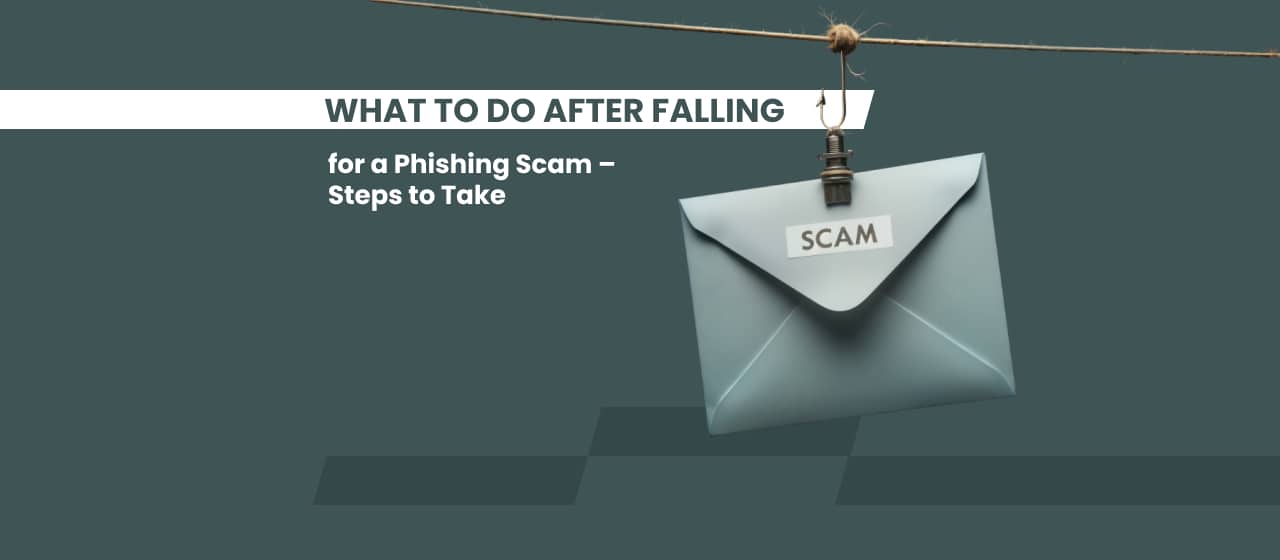Social media has blown the lid off of what was previously possible in online communication. People today can easily share content with anyone anywhere in the world. The lines between our real-world and digital lives often become blurred. People share information like they would in a private conversation between two peers. However, these online conversations, even private ones, can instantaneously become public knowledge with one click. What’s more, bad actors are constantly targeting unsuspecting users online. Because of this, it’s critical that you know what to do if someone is blackmailing you on social media.
Immediate Steps to Take in the Wake of Blackmail on Social Media
Your initial response to blackmail on social media can be a deciding factor in your ability to mitigate damage. The blackmailer’s scheme relies heavily on the victim making a hasty decision when faced with threats. It’s completely reasonable to feel frightened, but it’s important that you remain calm. Our experts have compiled a list of suggested actions that can help you respond quickly and effectively.
- Do Not Pay the Blackmailer. You should never pay a cybercriminal of any kind, whether it’s a sextortionist, fraudster, or any other scammer. No matter what their endgame is, they’ve already deceived you in one way or another. There is nothing stopping them from continuing after you pay them. In fact, it often makes you a bigger target.
- Secure Your Device and Accounts. Even if the scammer hasn’t claimed to have compromised your network, it’s best to be safe. Look for any unusual traffic, such as unrecognizable device sessions, unauthorized login attempts, or unknown programs. You should also update your passwords and enable two-factor authentication (2FA).
- Collect Evidence of the Crime. Document everything that is relevant to your case. Take note of the platform, the account that is blackmailing you, the messages they have sent, and timestamps of their occurrence. This will allow you to recreate an accurate timeline of events when you report the crime.
How to Report Blackmail on Social Media
The first step you should take when faced with blackmail on social media is to notify the platform’s system administrators. This can help them take action against the perpetrator’s account, including complete removal. Reporting to the platform is important because it helps protect you and other users from future attacks. You can find platform-specific information by visiting the links below.
You should also report the crime to law enforcement. Begin by filing a report with your local police. You can typically do this in person, online, or over the phone. This can help rule out a local threat and create an official record of the crime. Next, you should inform the FBI through their Internet Crime Complaint Center (IC3). The FBI has larger jurisdiction and can collaborate with global law enforcement. Additionally, your report will help them track national cybercrime trends.
For those who need additional assistance, non-governmental organizations can be beneficial. NGOs can address the personal and emotional trauma caused by social media blackmail and provide resources and support to victims. For example, the Cyber Civil Rights Initiative, UK Safer Internet Centre, and the Cyber Rights Organization are among the organizations that provide information, support, and resources to victims of online abuse.
Can You Take Legal Action Against Blackmail on Social Media?
Yes – blackmail on social media or any online platform is illegal and considered a severe cybercrime. Many U.S. states have passed their own laws regarding the crime, and federal laws prohibit cyber acts of stalking, blackmail, extortion, revenge porn, and more.
Most states classify blackmail as extortion, and it’s considered a crime under state and federal law. Blackmail is typically classified as a felony and can result in multi-year prison sentences and hefty fines. At the federal level, a conviction for general blackmail can hold a penalty of up to one year in prison and fines at the court’s discretion. Depending on the victim and the means to conduct blackmail, penalties can reach up to 20 years in prison and fines of over $100,000.
You may also be able to take civil action against your blackmailer. Victims of social media blackmail can sue their abuser for damages related to intentional infliction of emotional distress, damages resulting from the blackmail, and legal fees. It’s important to remember that most legal action requires the identity of the blackmailer to be effective. You should consult legal counsel to weigh your options before deciding your course of action.
Real-World Case: Virginia Man Sentenced to 31-Years for Three-Year Social Media Blackmail Scheme
Filippo Parlagreco, from Warrenton, Virginia, was sentenced to 31 years in prison after he pled guilty to production, possession, and distribution of child pornography. The charges were the result of a multi-year social media sextortion scheme targeting a 14-year-old girl.
Parlagreco posed as a teenage girl on social media and began communicating with the victim. After a while, he coerced the minor into sending sexually explicit photographs of herself. Parlagreco proceeded to post the images on another platform and demanded more content to remove the post.
The victim did the right thing and reported the blackmailer to the social media platform and law enforcement. However, the abuse continued for three years while an investigation was conducted. Law enforcement was eventually able to identify Parlagreco and connect him to the sexploitation of at least 13 other minor victims.
This case serves as an example that, although investigations take time, reporting to law enforcement is important. The case was brought as part of Project Safe Childhood, a national effort to protect children from being exploited.
Creating a Safer Social Media Future
Online blackmail is a menace that poses significant harm to victims. Victims and those around them must understand the steps to take when faced with social media blackmail. The reporting process can feel daunting, but organizations, social media platforms, and law enforcement agencies are available to provide support and resources to victims.
The greatest defense against online blackmail is preparing for it before it presents itself. The key is to remain vigilant, protect your online privacy, and secure your personal information. By doing this, we can make social media safer for everyone. Here are some of the practices our experts suggest you implement to mitigate your risk of falling victim to social media blackmail.
- Avoid Oversharing. Social media is a window into our real lives, but be selective about what you post. Avoid sharing content that reveals identifiable information, such as your location, place of employment, and travel habits.
- Use Heightened Security Settings. You’ve probably heard the term “social currency” in reference to follower counts online. However, if you aren’t using your account for business, it’s best to limit your followers to people you know.
- Be Cautious of Suspicious Requests. It’s not unusual for new online connections to ask questions. However, it is unusual to ask for financial data, login credentials, intimate photos, and other confidential information. Be wary of users who ask you to disclose this type of information.
- Trust Your Instincts. There may not be a specific red flag that presents itself. However, if you start to get a feeling that something is off, it’s best to trust your gut.
And if you are ever faced with blackmail on social media, remember that you can trust the team at Cyber Investigation Inc. You can contact us any time of day to speak with one of our specialists and get started on your road to recovery.
